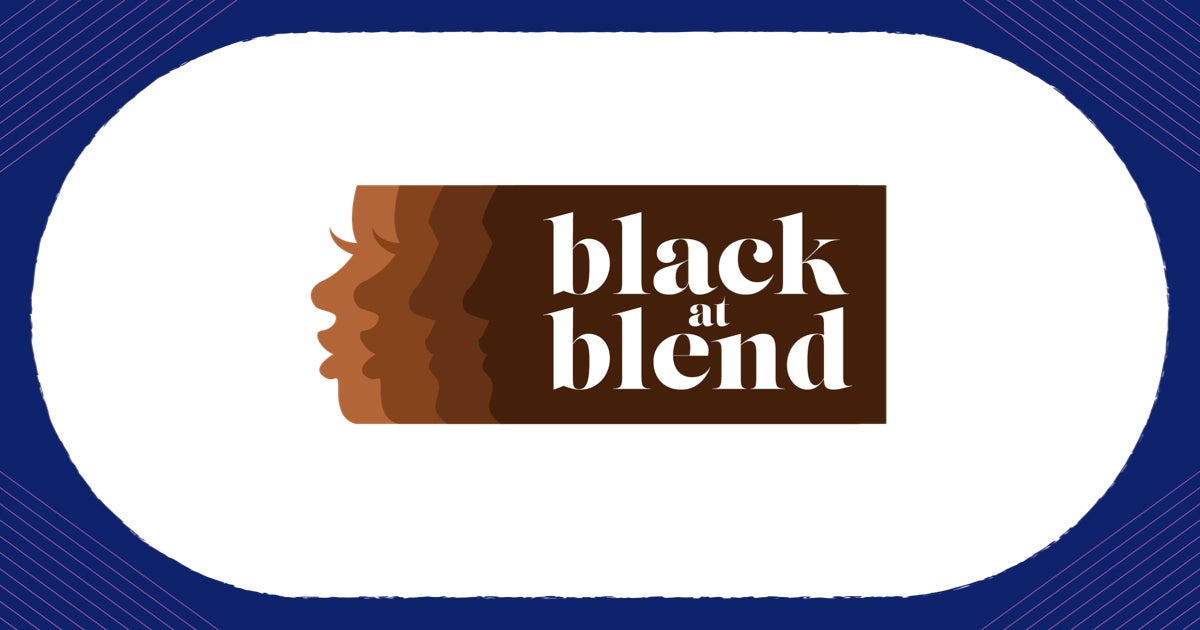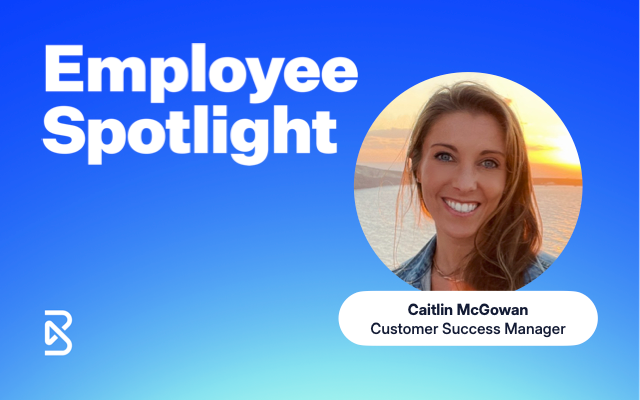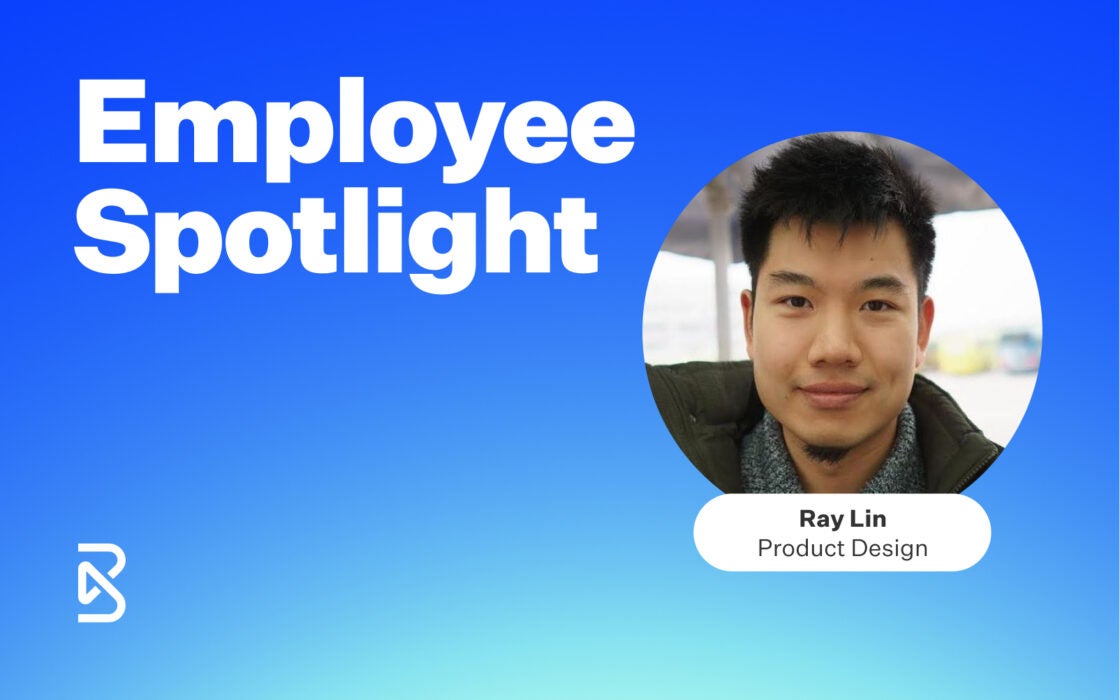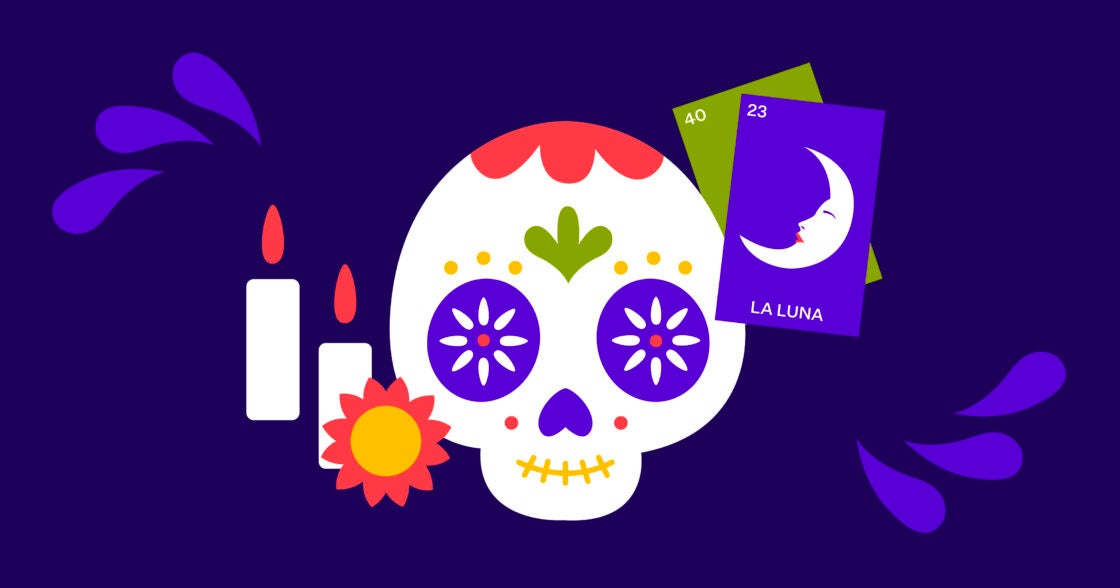March 7, 2022 in Blendkind
Black History Month and beyond
Take a look back at how Blendkind celebrated Black History Month and see what steps Blend is taking to build a better financial future for all.

Carter G. Woodson, known as the “Father of Black History,” had a bold idea in 1926. “Negro History Week” was announced as a celebration of a people that had been excluded from the history of the U.S.
At that time Black history was not being talked or written about. But representation is power, and Woodson was committed to amplifying the largely overlooked achievements and contributions made by the Black community throughout U.S. history — which was, and still is, critical to America developing a Black historical consciousness. It’s been 96 years since that first celebration. In 1976, February was expanded to Black History Month, before Congress officially recognized it in 1986.
At its core, Black History Month is a time to celebrate past and present Black culture and achievement, amplify Black voices, and help people see the value in each individual story. It also offers us all an opportunity to continue the work that Woodson began: identify where systemic racism persists, recognize those who are working to create change, and explore ways we can celebrate Black excellence throughout the year.
Celebrating Black History Month 2022 at Blend
This year our internal theme, “Black excellence: A celebration of multi-faceted Black culture and experiences,” was developed by the members of Black@blend to reflect what we wanted people to take away from Black History Month at Blend. We believe it is crucial to create spaces that allow us to examine our knowledge, challenge what we think we know, celebrate achievement, share our different experiences, and ultimately gain greater truth and understanding.
Building knowledge and consciousness are key to influencing growth, so while honoring the incredible contributions that the Black community has made throughout U.S. history, we also have to confront the uncomfortable and painful parts of Black history as we work to dismantle perpetuated misconceptions.
“I can’t think of a better way to kick off Black History Month than with some learning.”
Dayna Wade
Inclusion Programs Lead
Black@blend hosted a virtual Lunch & Learn where Shaunda Lewis, founder and principal of Stone and Grace LLC and specialist in decolonization, gave an insightful presentation called, “Delayed Liberation: The True Story of Emancipation in the United States.” Participants had the opportunity to learn or deepen their knowledge about the “actual” end to slavery in the United States. Even though the Emancipation Proclamation was signed on January 1, 1863, many slaves throughout the confederacy were intentionally denied this knowledge for months and even years, leading to Juneteenth — which hasn’t been widely acknowledged or shared.
Black@blend also hosted a book discussion on Stacy Abrams’ Lead from the Outside: How to Build Your Future and Make Real Change, where Abrams shares her thoughts on harnessing the strength of being an outsider and using your passion to fuel your success as you turn thought into action. In “Fruit of the Earth: Using Deed Records to Uncover Your Ancestors,” participants heard from genealogists about using deed records to identify generations of a family and reveal the social history of a community.
Even — or especially — as we work to dismantle systems of inequity, it is important to celebrate Black joy and make space for celebrating Black art, Black creativity, and Black innovation. Which is why Black@blend planned a series of spotlights on our “Belonging at Blend” Slack channel. The weekly features honored Black movers, shakers, and innovators like Misty Copeland, Colin Kaepernick, Nathan “Nearest” Green, and Nia DaCosta (among many others).
In addition to a virtual dance party and a Black History trivia coffee social, Black@blend hosted “Flavors of the Diaspora: A Black cooking experience.” Participants had the opportunity to learn about how the various cuisines of the African diaspora made a significant impact on American cooking, learn new recipes, and share stories of their favorite and most memorable childhood food experiences. Family rituals, art, music, and all of the special moments in life that spark joy are important to drawing attention to the experiences that are intrinsic to Black culture.
Beyond Black History Month
While February is a time to honor the rich history and accomplishments of the Black community, we know that Black history should never be limited to a date on a calendar — learning, celebrating, and working to make an impact are continuous. This means recognizing and reflecting on the continued struggle for racial equity and justice and making actionable commitments to drive change.
The persistent racial wealth gap remains one of the biggest obstacles to achieving equity in the United States. Minority Depository Institutions (MDIs) are critical to the economic revitalization of distressed communities. Preserving and enhancing these institutions should be a top priority – and making new technologies more accessible for MDIs is just one of the ways that we can contribute to creating more pathways for economic equitability.
We believe that financial inclusion and access to generational wealth building are critical to breaking down structural barriers that disproportionately affect Black, Hispanic/Latinx, and Asian communities. Here at Blend, we’ve committed to accelerating financial inclusion through how we build products, invest our time, and develop relationships with community partners 365 days a year.

Want to learn more about how Blend is working to accelerate financial inclusion?
Find out what we're up to!
Subscribe to get Blend news, customer stories, events, and industry insights.


